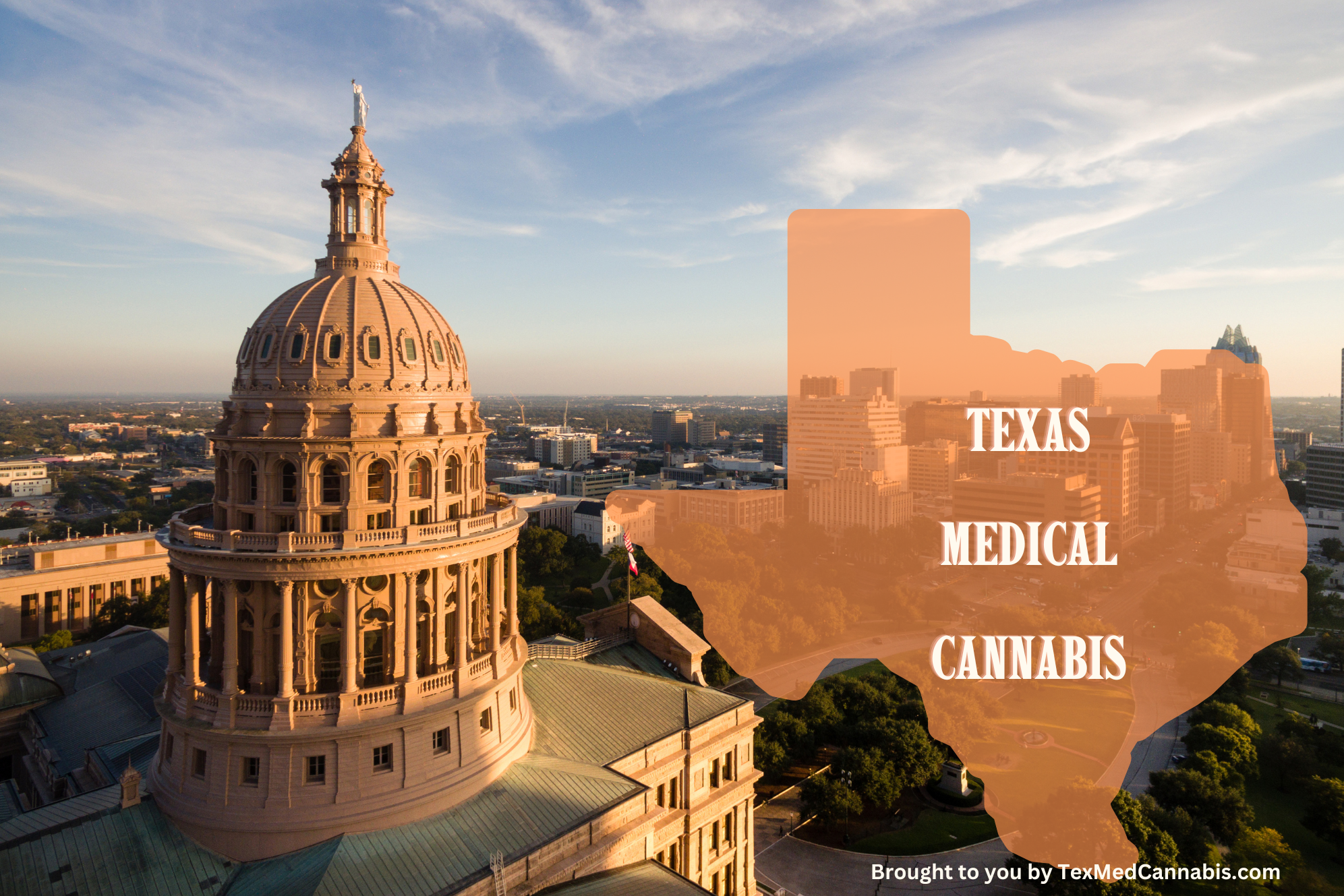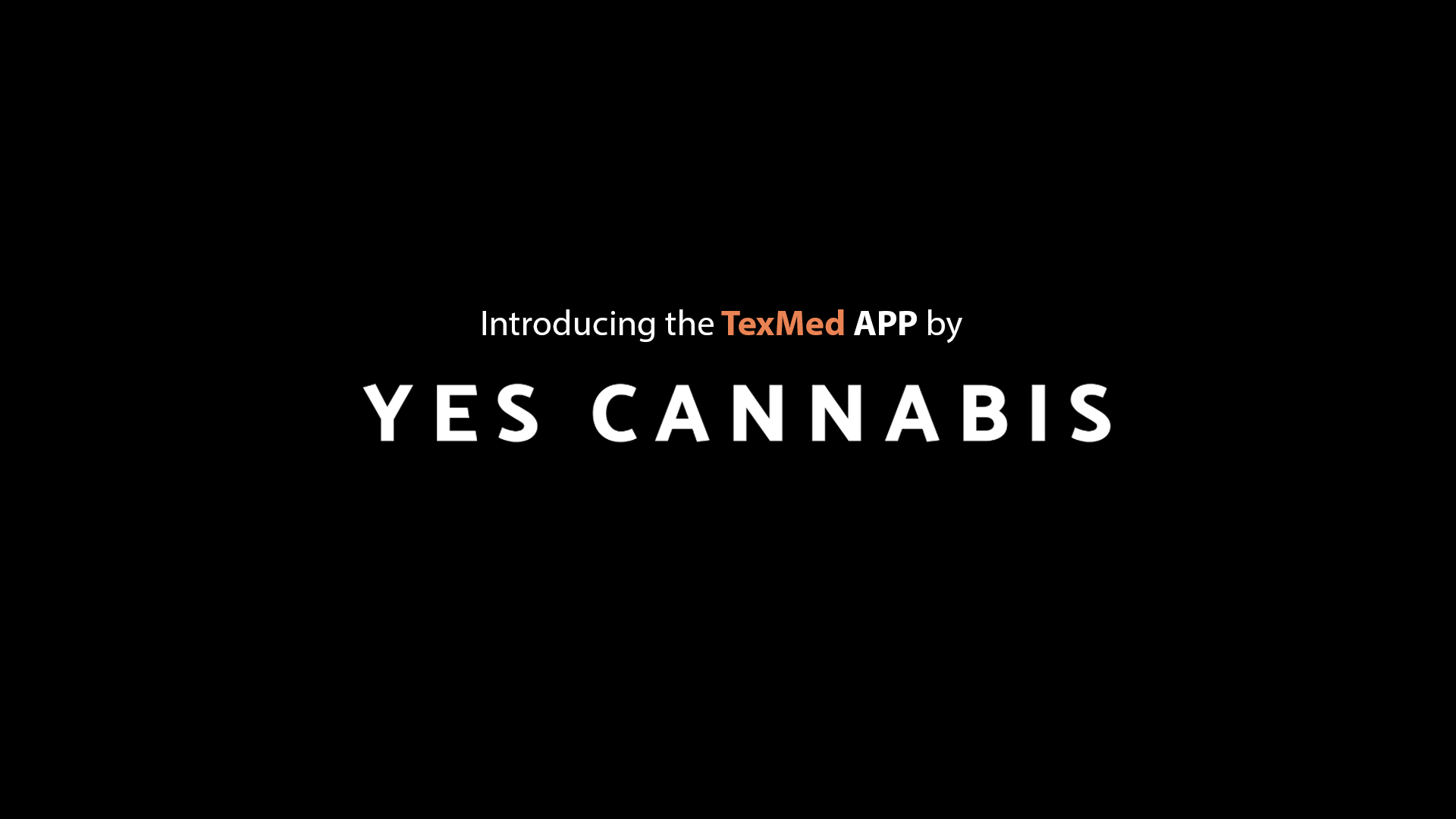NEWS & INSIGHTS
Welcome to the Yes Cannabis blog, your source for the latest news, updates, and insights into the rapidly evolving world of cannabis. As the legalization of cannabis continues to expand across the United States and around the world, our blog aims to provide you with accurate and up-to-date information on the many facets of this industry. Sign up for our newsletter and enjoy exciting content on everything from industry trends and new products to legal developments and social issues related to cannabis.
RECENT POSTS
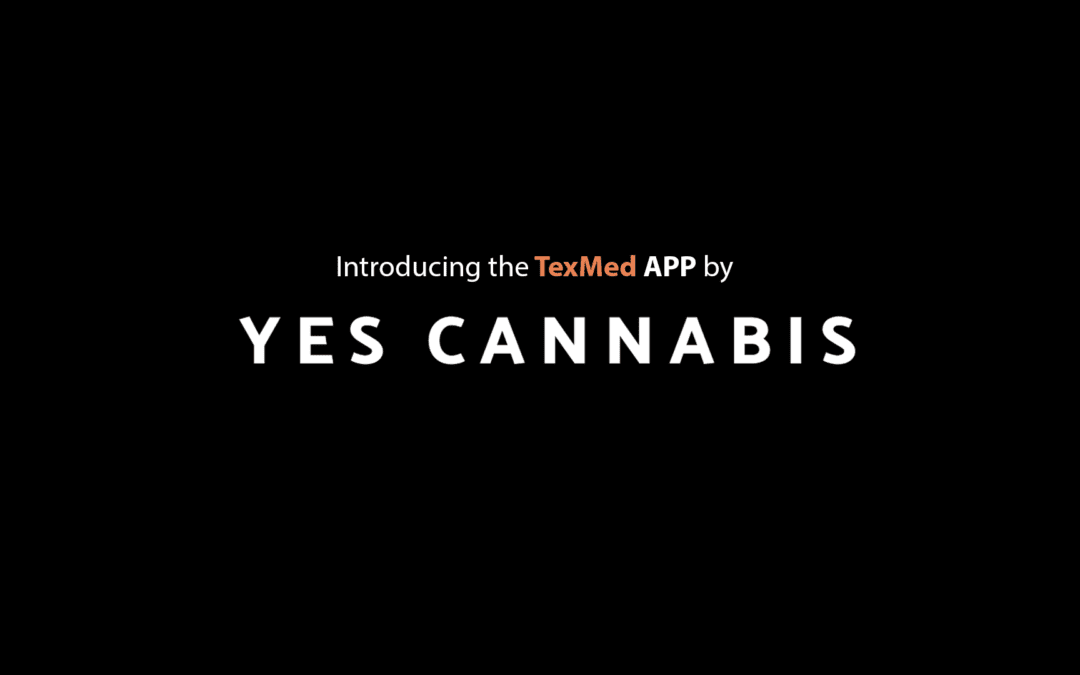



Texas Medical Cannabis – Market Statistics Update November 2023 (available on TexMed App – TexMedCannabis.com)
The Texas Department of Public Safety’s latest data for September 2023 provides an intriguing snapshot of the state’s healthcare landscape. These statistics unveil a nuanced perspective on patient and physician growth, as well as the current state of medical accessibility in the Lone Star State.




Texas Medical Cannabis – Market Statistics Update October 2023 (available on TexMed App – TexMedCannabis.com)
The Texas Department of Public Safety’s latest data for September 2023 provides an intriguing snapshot of the state’s healthcare landscape. These statistics unveil a nuanced perspective on patient and physician growth, as well as the current state of medical accessibility in the Lone Star State.


Ohio Joins Ranks of Legal Cannabis States as Issue 2 Passes with 57% Voter Approval
In a groundbreaking decision, Ohio has officially become the 24th state to legalize adult-use cannabis. With a resounding 57% of voters supporting the ballot proposal known as Issue 2, this victory marks a significant shift in the landscape of U.S. states where recreational marijuana is legal. This landmark decision paves the way for individuals aged 21 and older to purchase and possess up to 2.5 ounces of cannabis while also permitting home cultivation of up to six plants per person and 12 plants per residence if at least two adults reside there. Furthermore, a 10% tax will be levied on cannabis purchases, with the revenue allocated to cover administrative costs, addiction treatment programs, municipalities with dispensaries, and social equity initiatives and job programs.
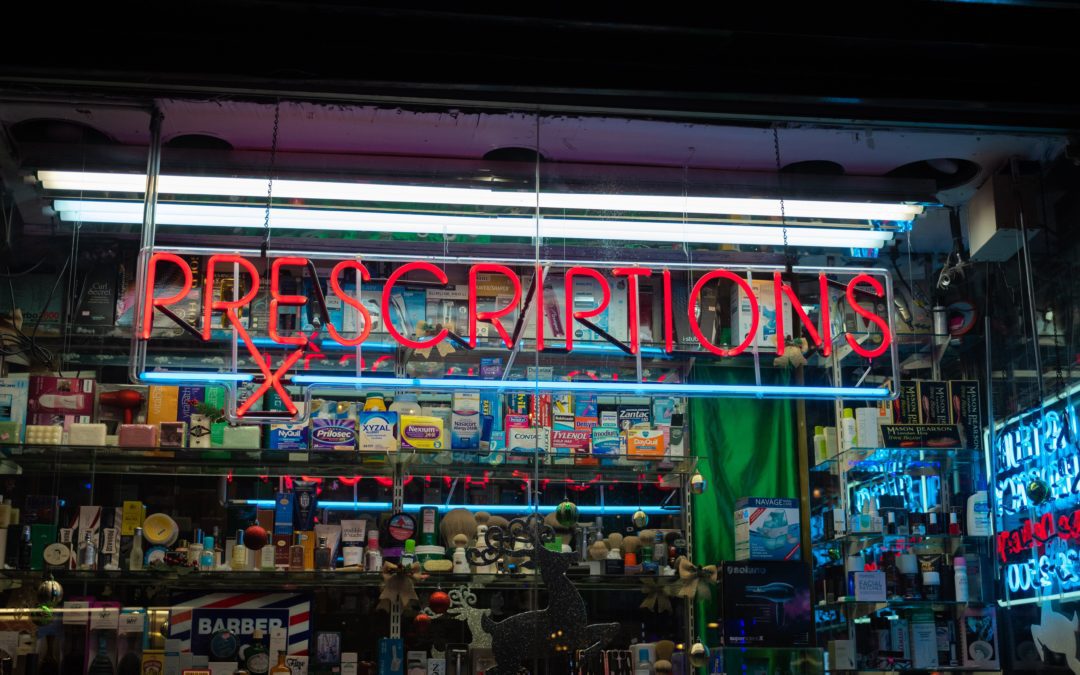


Historic Milestone: Georgia Becomes First State to Allow Medical Cannabis Sales in Hundreds of Pharmacies
In a groundbreaking development, the Georgia Board of Pharmacy has opened its doors to applications from nearly 120 pharmacies looking to provide medical marijuana products. This historic move makes Georgia the first state in the nation to permit the sale of low-dose cannabis within independent drug stores.


New York Expands Legal Cannabis Industry and Cracks Down on Illegal Market
New York has initiated a major expansion of its legal cannabis industry by opening applications for hundreds of new marijuana business licenses. This move follows a slow start, with only about two dozen retailers operating since adult-use sales began last December. The application period will run until December 4, and licenses are expected to be awarded early next year.


Cannabis Companies Launch Lawsuit Against Attorney General to Challenge Federal Prohibition
A coalition of cannabis businesses, represented by a prominent law firm, has initiated a long-awaited legal action against the U.S. attorney general. Their goal is to prevent the federal government from enforcing cannabis prohibition in states where it’s been legalized. These companies argue that maintaining prohibition in state-regulated markets is unconstitutional, endangering public safety and preventing licensed cannabis businesses from accessing essential financial services and tax benefits available to other industries.


New York Expands Legal Cannabis Industry and Cracks Down on Illegal Market
New York has initiated a major expansion of its legal cannabis industry by opening applications for hundreds of new marijuana business licenses. This move follows a slow start, with only about two dozen retailers operating since adult-use sales began last December. The application period will run until December 4, and licenses are expected to be awarded early next year.
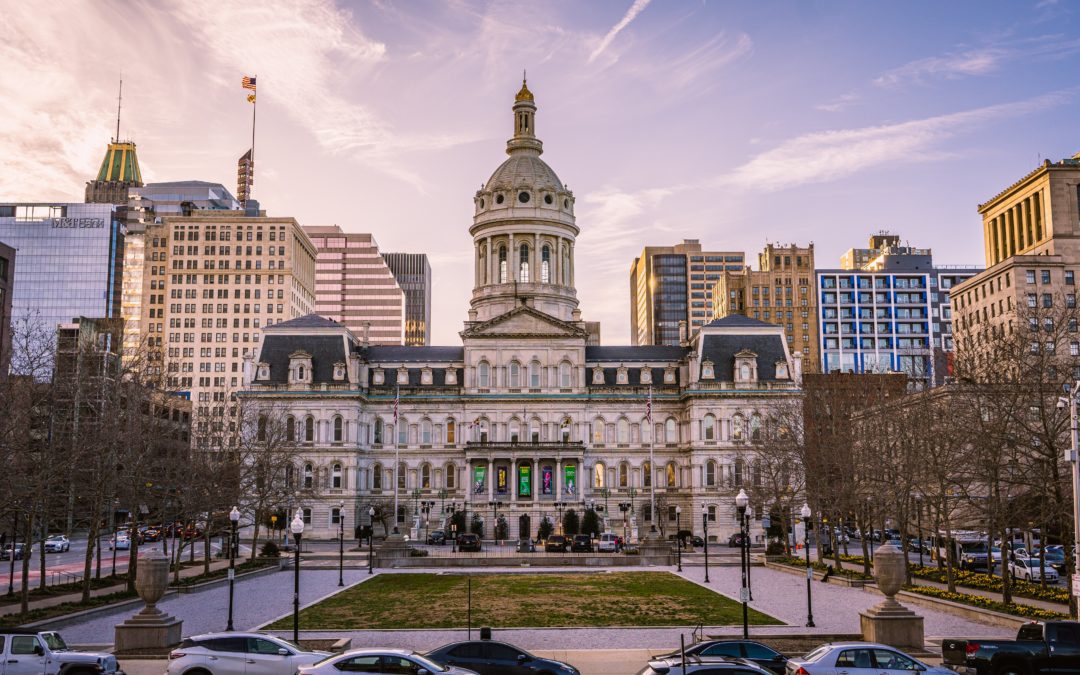

Maryland’s Cannabis Market on the Brink of Explosive Growth in 2024 with Upcoming Licensing Opportunities
In a remarkable turn of events, Maryland’s cannabis market has continued its upward trajectory, with sales in September reaching a staggering $90.5 million, just shy of the previous month’s record-breaking $91.7 million, as reported by the state’s Cannabis Administration (MCA). Even more impressive is the fact that September’s daily sales averaged over $3 million, despite having one fewer day than August. A significant portion of these sales, amounting to $54.3 million or 60%, stemmed from adult-use transactions, marking a notable increase from August’s 57.8%.
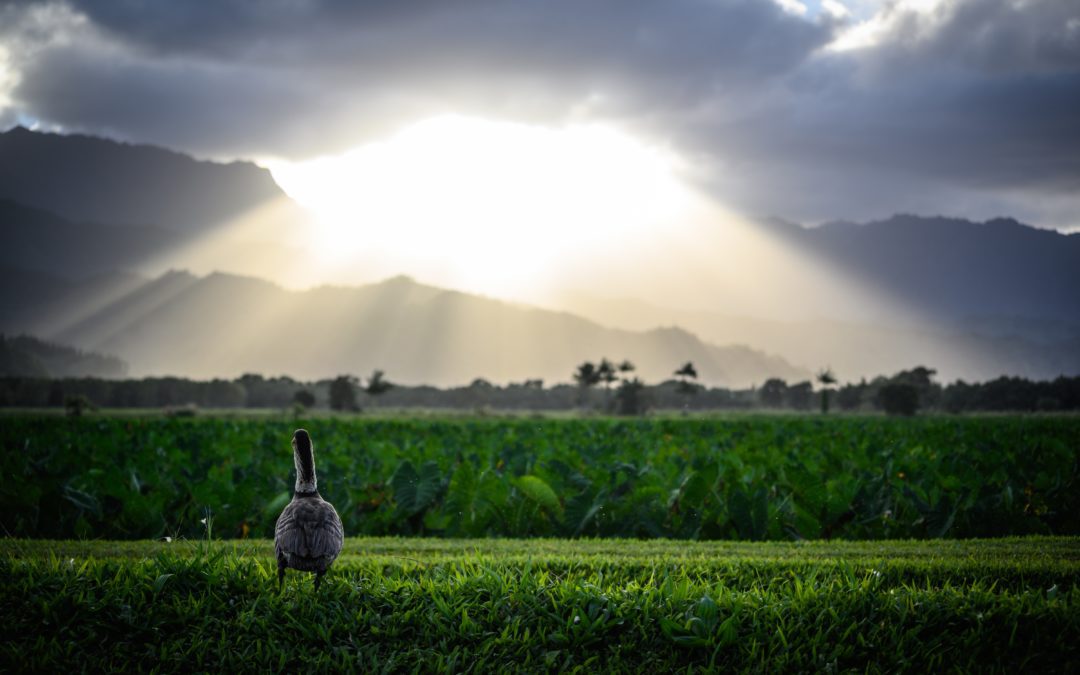

Breaking Boundaries: Cannabis Wholesale Revolutionizes Hawaii’s Market
In the idyllic landscape of Hawaii, where natural barriers isolate its islands, a pioneering trend is taking root. Several medical cannabis companies in the state are now engaged in wholesale distribution, facilitating the sale and delivery of marijuana products between islands. This groundbreaking development marks a significant milestone for the Hawaiian cannabis industry and is a rarity in the broader U.S. market.




Yes Cannabis Publicly Launches TexMed App: Your Gateway to the Texas Medical Cannabis Market
In a significant stride towards enhancing access to medical cannabis information and services, YesCannabis has proudly launched the TexMed App. Designed with the Texas community in mind, this groundbreaking application is poised to become the go-to resource for anyone seeking information, education, and support within the Texas Medical Cannabis Market.
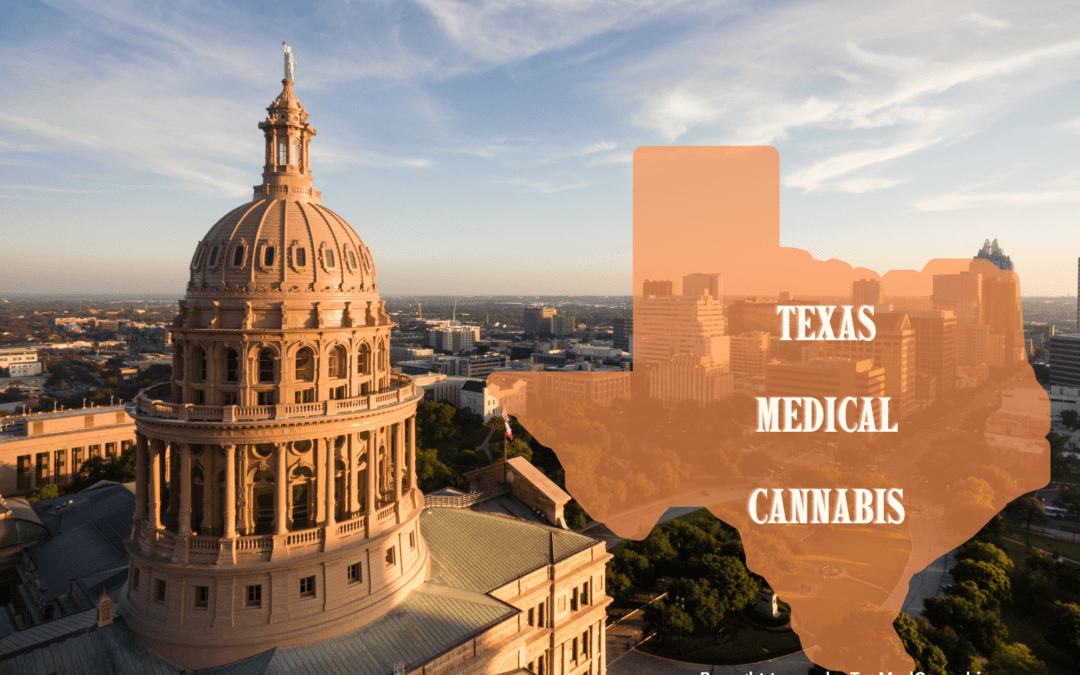

Here is a map of all the cannabis stores in Texas 2024
Texas has experienced a profound transformation in its stance towards medical cannabis. Once notorious for its stringent regulations on cannabis , the Lone Star State has now embraced the legal medical use of cannabis. This article serves as your guide to see a map and navigate the ever-evolving cannabis landscape in Texas in 2024



Historic Milestone: Georgia Becomes First State to Allow Medical Cannabis Sales in Hundreds of Pharmacies
In a groundbreaking development, the Georgia Board of Pharmacy has opened its doors to applications from nearly 120 pharmacies looking to provide medical marijuana products. This historic move makes Georgia the first state in the nation to permit the sale of low-dose cannabis within independent drug stores.


A Guide to Opening a Cannabis Dispensary in Minnesota
On May 30, 2023 Minnesota Gov. Tim Walz signed an expansive cannabis legalization bill into law, allowing the recreational use of cannabis for adults 21 and older starting Aug. 1. The Legislature passed the bill with a handful of Republicans joining a nearly united Democratic vote in favor. Although the bill has passed, dispensaries can’t open until the state figures out a licensing system for the businesses, so they won’t open for at least another year — some estimate in early 2025. This article aims to provide a detailed guide on how to open a cannabis dispensary in Minnesota. We will explore the current cannabis market and outlook, license types, scoring criteria, application fees, and the importance of seeking professional assistance from cannabis consultants like Global Go.


How to search for a Cannabis License in New Jersey 2023
The cannabis industry in New Jersey has been experiencing significant growth, and obtaining a cannabis license is a crucial step for individuals and businesses looking to participate in this burgeoning market. With the recent legalization of adult-use cannabis in the state, the demand for licenses has never been higher. This guide aims to provide a comprehensive overview of how to search for a cannabis license in New Jersey in 2023.


Here is a map of all the cannabis stores in Massachusetts 2023
In 2016, Massachusetts made a historic leap by legalizing cannabis for both medical and recreational use. Since then, the state has seen a flourishing cannabis industry that continues to evolve. As we step into 2023, it’s the perfect time to take stock of the cannabis landscape in Massachusetts. In this article, we’ll explore the status of cannabis legalization, delve into the regulations and laws that govern the industry, and provide a detailed map of cannabis shops in the state.


Here is a map of all the cannabis stores in Delaware 2023
The legalization of recreational cannabis has been a groundbreaking journey for many states across the United States, and Delaware is no exception. As the First State takes progressive steps towards regulating the use of cannabis for recreational purposes, it’s crucial to understand the legislation, background, and the evolving legal framework. In this blog, we will delve into the intricacies of Delaware’s cannabis legalization program, highlighting key regulations and recent changes. We will also explore why knowing dispensary locations is vital for both consumers and the community.


Here is a map of all the cannabis stores in New Jersey 2023
The state of New Jersey has always been at the forefront of progressive changes, and with the legalization of recreational cannabis, it has taken another step towards pioneering new paths. As the Garden State embraces a budding industry, it is crucial for residents and entrepreneurs alike to understand the cannabis shop landscape in New Jersey.
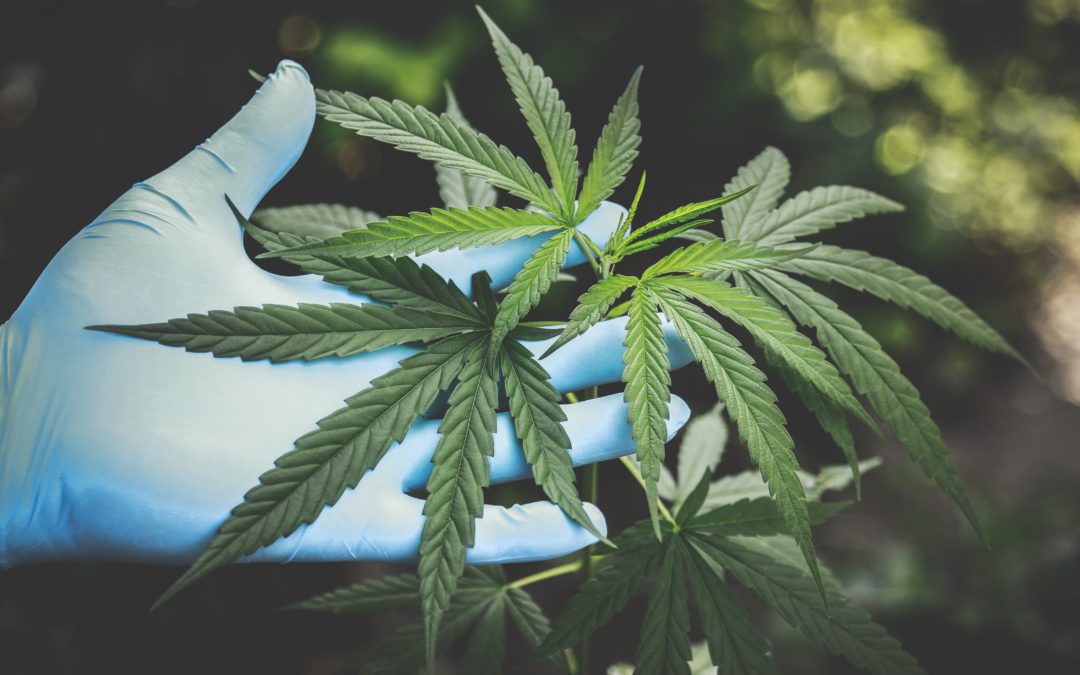

Unlocking Entrepreneurial Success in the Booming Cannabis Industry
In recent years, the cannabis industry has undergone a remarkable transformation, transitioning from an underground market to a legitimate and rapidly expanding sector. With the legalization and decriminalization of cannabis in various regions, entrepreneurial opportunities within the cannabis space have flourished. This comprehensive article explores the vast potential for entrepreneurship in the cannabis industry, covering crucial aspects such as starting a cannabis-related business, navigating complex regulations, crafting effective marketing strategies, exploring investment prospects, and drawing inspiration from successful stories.


Here is a map of all the cannabis stores in Arizona 2023
In November 2020, Arizona voters made a historic decision by legalizing recreational cannabis in the state. Since then, the cannabis industry has been on a steady rise, transforming the state’s economic and social landscape. If you’re looking to explore the Green Desert and understand the ins and outs of cannabis shops in Arizona in 2023, you’ve come to the right place. In this comprehensive guide, we’ll take you on a journey through the legal framework, the types of cannabis shops you can find, their geographic distribution, notable brands and products, the customer experience, pricing and taxes, health and safety considerations, and even a glimpse into the future of the industry.


How to search for a Cannabis License in California 2023
Welcome to our guide on how to search for a cannabis license in California for the year 2023. Given the regulated nature of the cannabis industry, having a valid license is not only a legal requirement but also a sign of credibility for businesses. This article aims to guide you through the process of searching for and verifying cannabis licenses in California.
Glossary of Terms
If you’re new to the world of cannabis products, you may find that the industry has a wide range of terminologies that can be overwhelming. To help you make sense of it all, we’ve put together a comprehensive glossary of terms below.
Alcohol Extraction: A method of extracting cannabinoids from the hemp plant using alcohol as a solvent. This artisanal process can produce high-terpene CBD oil by using whole-plant material in smaller batches.
Broad Spectrum: CBD products that contain a wide range of cannabinoids and other beneficial compounds from the hemp plant, excluding THC. They offer the potential benefits of multiple cannabinoids without the psychoactive effects of THC.
Cannabinoids: Chemical compounds found in the hemp plant, including CBD, THC, CBC, CBG, and CBN, which interact with the body’s endocannabinoid system to support normal immune and nervous system functioning.
Capsules: CBD products in the form of easy-to-swallow pills, providing a convenient and consistent dose of CBD for on-the-go use.
CBC (Cannabichromene): A phytocannabinoid found in the hemp plant that may help improve recovery from exercise-induced inflammation and support overall well-being.
CBD (Cannabidiol): A non-psychoactive compound found in the hemp plant, known for its potential health benefits, including promoting a sense of calm, supporting recovery from exercise-induced inflammation, and aiding healthy sleep cycles.
CBG (Cannabigerol): A phytocannabinoid produced by the hemp plant that may help ease everyday stress and support a balanced mood.
CBN (Cannabinol): Another beneficial phytocannabinoid produced by the hemp plant, which, together with CBD, may help improve sleep quality and promote relaxation.
Certificate of Analysis: A document providing laboratory analysis results for cannabinoid-related products, including information on the product’s cannabinoid profile, potency, and purity.
Certified B Corporation: A certification for companies that meet strict regulations and demonstrate a commitment to balancing profits with social and environmental impact. Charlotte’s Web achieved Certified B Corporation status in 2020, reflecting their dedication to making a positive difference.
CO2 Extraction: The most commonly used method to extract cannabinoids from the hemp plant using supercritical carbon dioxide. This targeted extraction process efficiently preserves the beneficial compounds while minimizing the presence of impurities.
Endocannabinoid System: A bodily system responsible for regulating various processes, such as sleep, mood, appetite, and immune response. It interacts with cannabinoids, including CBD, to help maintain homeostasis (balance) in the body.
Entourage Effect: The synergistic effect produced by the combination of various compounds in the hemp plant, enhancing the overall effectiveness of full-spectrum CBD products compared to isolated CBD.
Flavonoid: Plant compounds found in full-spectrum CBD products that have beneficial antioxidant effects, potentially supporting overall well-being.
Full-Spectrum: CBD products that contain all the beneficial compounds from the hemp plant, including cannabinoids, terpenes, flavonoids, and more. This comprehensive combination of compounds is believed to enhance the therapeutic potential through the entourage effect.
GMO: Genetically Modified Organisms, which are plants altered using genetic engineering. Charlotte’s Web offers only GMO-free hemp oil, ensuring a natural and unmodified product.
Gummies: CBD-infused gummy candies, providing a tasty and convenient way to consume CBD. They come in various flavors and doses, offering a fun alternative for those who prefer not to use CBD oil.
Hemp Extract: Extract derived from the hemp plant containing various beneficial compounds, including CBD, other cannabinoids, terpenes, and flavonoids. It is used to create a wide range of CBD products.
Isolate/Distillate: CBD isolate refers to pure CBD extract with all other compounds removed, while CBD distillate contains a broad range of cannabinoids, terpenes, and flavonoids, excluding THC. Both forms are used in various CBD products.
Liposomes: Lipid-based carriers used to enhance the absorption and bioavailability of CBD. They can improve the body’s ability to absorb CBD and make it more efficient.
Microdosing: Consuming small, controlled doses of CBD throughout the day, typically with the goal of maintaining a consistent level of CBD in the system.
MCT (Medium-Chain Triglyceride) Oil: A type of fatty acid derived from coconut oil and often used as a carrier oil in CBD products. MCT oil helps improve CBD absorption and bioavailability.
Melatonin: A hormone produced by the body that regulates sleep-wake cycles. CBD products infused with melatonin may assist in improving sleep quality and promoting a healthy sleep routine.
Nanoemulsion: A technique that breaks down CBD particles into tiny droplets, increasing their water-solubility and enhancing their absorption and bioavailability.
Natural: CBD products made from naturally grown hemp plants without the use of synthetic chemicals, pesticides, or herbicides.
Organic: CBD products made from hemp plants grown without the use of synthetic fertilizers, pesticides, or genetically modified organisms (GMOs), following organic farming practices.
Pesticide-Free: CBD products that are tested to ensure they do not contain harmful levels of pesticides or other agricultural chemicals.
Phytocannabinoids: Naturally occurring cannabinoids found in plants, including CBD and THC. These compounds interact with the body’s endocannabinoid system to support overall well-being.
Potency: The concentration and strength of cannabinoids, such as CBD, in a CBD product. Potency is typically measured in milligrams (mg) and indicates the amount of CBD per serving or dose.
Premium Hemp Extract: A high-quality CBD extract derived from organic hemp plants, carefully cultivated and processed to maintain the plant’s beneficial compounds.
Proprietary Genetics: Unique hemp plant strains developed through selective breeding to produce specific cannabinoid profiles, flavors, and aromas. Charlotte’s Web has proprietary genetics that have become renowned in the industry.
Psychoactive: Referring to substances or compounds that affect the mind, mood, or behavior. CBD is non-psychoactive, meaning it does not produce the intoxicating effects associated with THC.
Roll-Ons: CBD-infused products that come in a roll-on bottle for convenient application to the skin. They are designed for targeted relief and can be easily applied to specific areas of the body.
Seed-to-Shelf Control: A comprehensive approach that ensures quality control at every stage of the CBD production process, from cultivation to extraction, manufacturing, and distribution.
Sleep: CBD products specifically formulated to promote healthy sleep patterns and support restful sleep by combining CBD with other sleep-enhancing ingredients like melatonin.
Sports Cream: A CBD-infused topical cream designed to provide temporary relief from muscle soreness, joint discomfort, and exercise-related inflammation. It is often used by athletes and fitness enthusiasts.
Strains: Different variations or breeds of the hemp plant, each with its unique combination of cannabinoids, terpenes, and other compounds. Strains can produce varying effects and flavors.
Sublingual: A method of consuming CBD oil by placing it under the tongue, allowing for faster absorption into the bloodstream through the sublingual glands.
Terpenes: Aromatic compounds found in plants, including the hemp plant, that contribute to their distinct flavors and scents. Terpenes may also have their own health benefits and synergize with cannabinoids.
THC (Tetrahydrocannabinol): The primary psychoactive compound found in cannabis. In hemp-derived CBD products, THC levels are typically below 0.3%, resulting in no psychoactive effects.
Third-Party Testing: Independent laboratory testing performed on CBD products to verify their potency, purity, and safety. This ensures that the product meets quality standards and is free from contaminants.
Tinctures: Liquid CBD extracts made by infusing CBD-rich hemp flowers or isolate into alcohol, oil, or glycerin. They are typically consumed sublingually for fast and efficient absorption.
Topicals: CBD-infused products, such as creams, balms, and lotions, designed to be applied directly to the skin for targeted relief of muscle discomfort or skin conditions.
Transparency: A commitment to open and honest communication, providing clear information about a company’s processes, ingredients, and testing practices. It builds trust and ensures consumers can make informed decisions.
Vegan: CBD products that are free from any animal-derived ingredients and have not been tested on animals. They align with a vegan lifestyle and ethical considerations.
Water-Soluble: CBD products that have been processed to dissolve easily in water, improving their bioavailability and making them suitable for formulations such as beverages.
Wellness: A holistic approach to health and well-being that focuses on achieving balance and optimal functioning of the body, mind, and spirit. CBD is often used as a natural supplement to support overall wellness.
Whole Plant: CBD products that utilize the full spectrum of compounds found in the hemp plant, including cannabinoids, terpenes, flavonoids, and more. This maximizes the potential benefits through the entourage effect.
Zero THC: CBD products that have undetectable levels of THC, typically below the 0.001% threshold. They are ideal for those seeking the potential benefits of CBD without any THC exposure.
0.3% THC: Refers to the legal limit of THC content in hemp-derived CBD products. This trace amount of THC is not enough to produce psychoactive effects but may still have potential health benefits.
Newsletter


